School feeding day: How meals offer a route to education... and a way out of hunger and inequality
Even before the pandemic “there was already a global learning crisis,” says Carmen Burbano, head of school feeding at the World Food Programme (WFP). “Children were in school, but they weren't learning much. They weren't able to read or identify a simple text by the time they were 8 or 10 years old. So, we knew already back then that in low-income countries, particularly, we had a problem of children being in school but actually not being able to learn much.”
Part of the problem was that schoolchildren were hungry and sick. In low- and middle-income countries, about 300 million schoolchildren had anaemia, causing them to lose some six IQ points per child; and about 73 million schoolchildren in low-income countries went to school hungry. These conditions translated into the equivalent of between 200 million and 500 million schooldays lost to ill health each year.
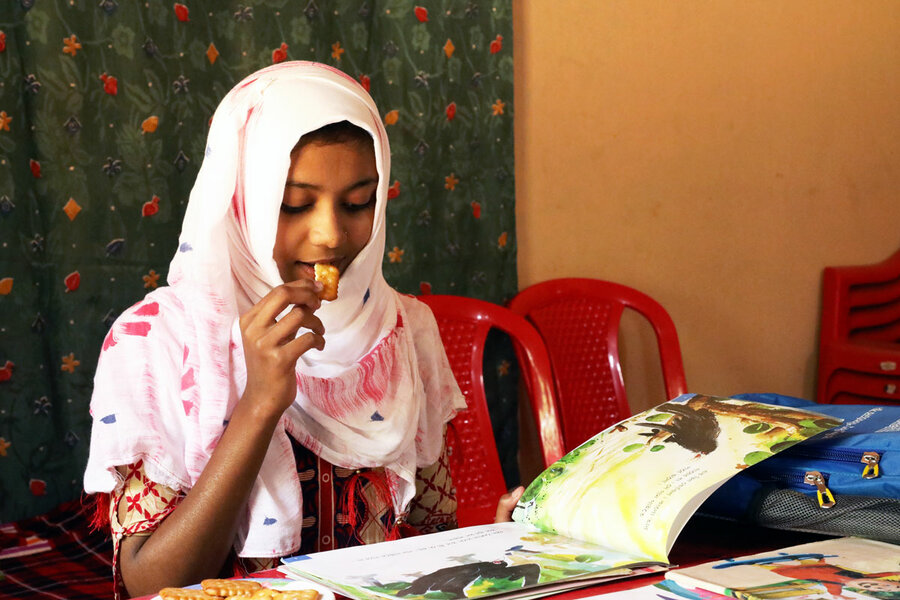
These problems have only gotten worse during the pandemic. Children in low-income countries have lost more than two years of schooling. During the pandemic 370 million children missed out on meals and essential health services due to school closures. Today, 150 million students still don’t have access to meals.
“We are looking at potentially generations of children that will be lost, that will never come back to school, especially girls,” says Burbano.
Madagascar: Taking on drought and hunger one school meal at a time
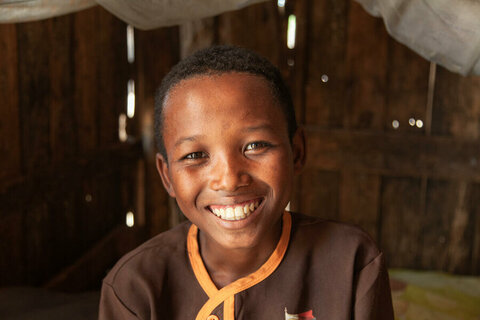
As the world marks International School Feeding Day, preparations are already under way for the UN’s Transforming Education Summit in September. Part of that, for WFP, is seeking to challenge what Burbano calls “a systematic neglect of the health and nutrition of kids throughout their school age in low-income countries”.
This requires “a recognition that the wellbeing of children is as important as the learning opportunities that they’re exposed to – we would like to see the learner being as important as the learning because only then will we be able to achieve SDG4” – that’s the quality education imperative of the UN’s Sustainable Development Goals.
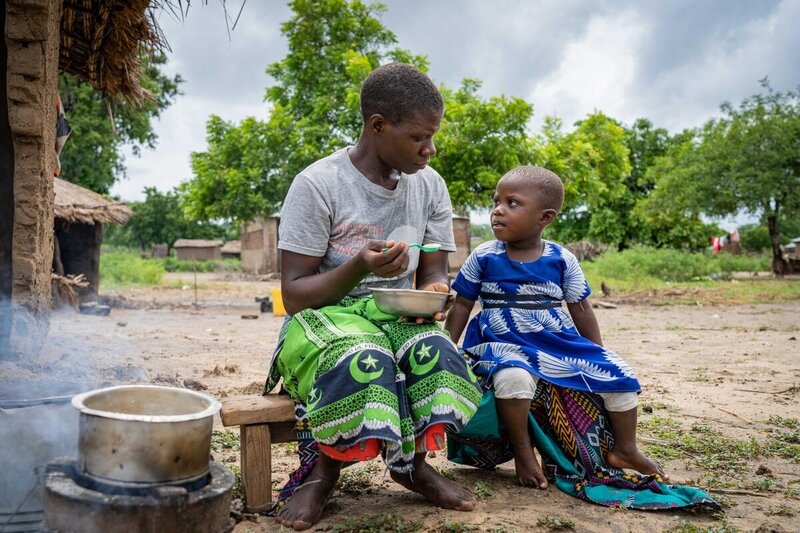
Investing in the education, health and nutrition of younger generation is critical to improving future prospects for economic growth and development, she says – for young people have the potential to create ‘human capital’.
“Take high-income countries – about 70 percent of their wealth comes from their people, comes from what their people create, comes from what they invent and what they produce.”
In contrast, “countries that are not investing, in education, in health, in nutrition early on, will be losing productivity in the future. In low-income countries, only about 30 percent of their wealth comes from their people. The other 70 percent aren’t really in a capacity to be productive and to contribute much.”
It takes a holistic approach “to provide a decent standard of living for everybody”, she says. “And it’s not just the education sector that needs to care about this. It’s the responsibility of many sectors that need to come together – the health sector, social protection, agriculture.”
The great setback: How coronavirus sent schoolchildren home hungry
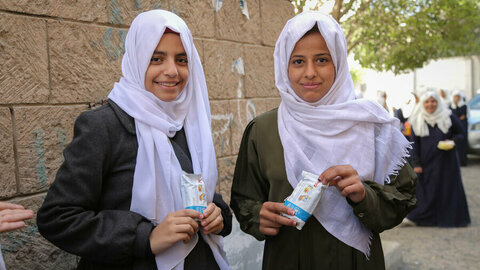
School meal programmes is where all these sectors intersect. They do more than provide food. They can support local agriculture and markets while simultaneously improving health, nutrition and education, making communities more resilient.
Governments have a key role to play if we want these investments to be sustainable, says Burbano. “WFP can do what we can do for a few years – we can do it even for a few decades. But we can’t cover whole countries. We’re stopgaps and we support, especially in some of the most vulnerable areas.
“This means domestic budgets and policies. And those are decisions that need to come from the top.” The School Meals Coalition is testament to the growing consensus around this issue. Launched last November and led by governments, the initiative already has 61 country members.
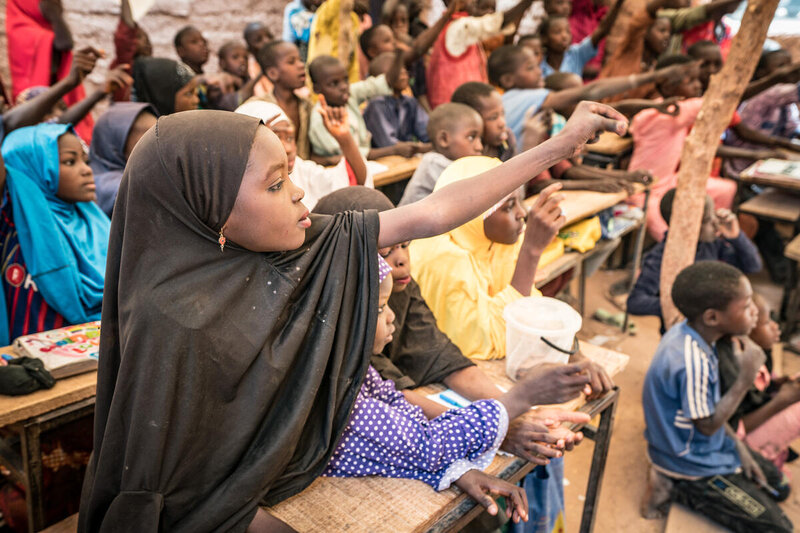
African countries account for more than half those signed up to the School Meals Coalition, with most notably the presidents of Benin, Rwanda and Senegal recognizing the importance of investing more deeply in human capital, says Burbano.
To mark the African Day of School Feeding last week, African governments committed to increasing domestic financing for school feeding programmes to regain where things were before the pandemic.
“When we say political will and when we say governments need to step up, we're talking also about high income countries,” says Burbano. “We’re talking about middle income countries. Children need support in every country and we could be doing better everywhere”.
Even where programmes are mature and established, there are opportunities to revisit what children are eating, making sure they receive healthy, diverse, locally grown food. We can shorten supply chains, make the programmes more sustainable and at the same time engines of local growth and job opportunities, says Burbano.
“Then we are well underway into a kind of a revolution, transforming food systems and children’s lives at the same time.”
Learn more about WFP's work in School Meals
